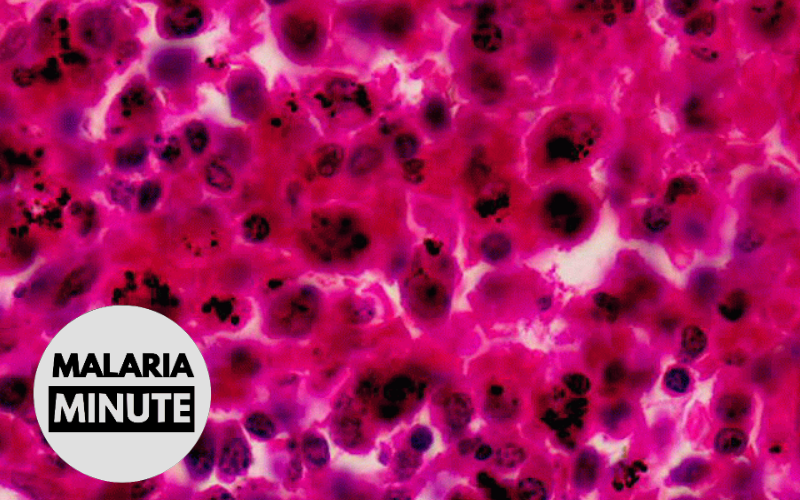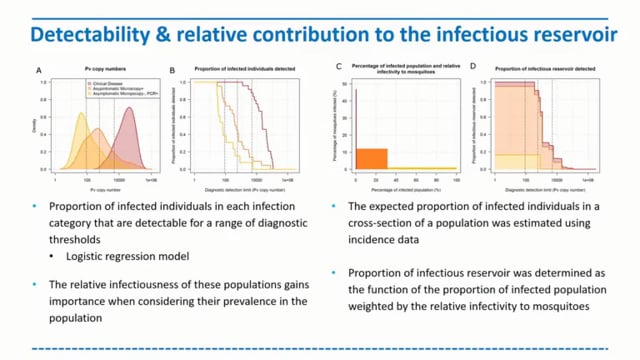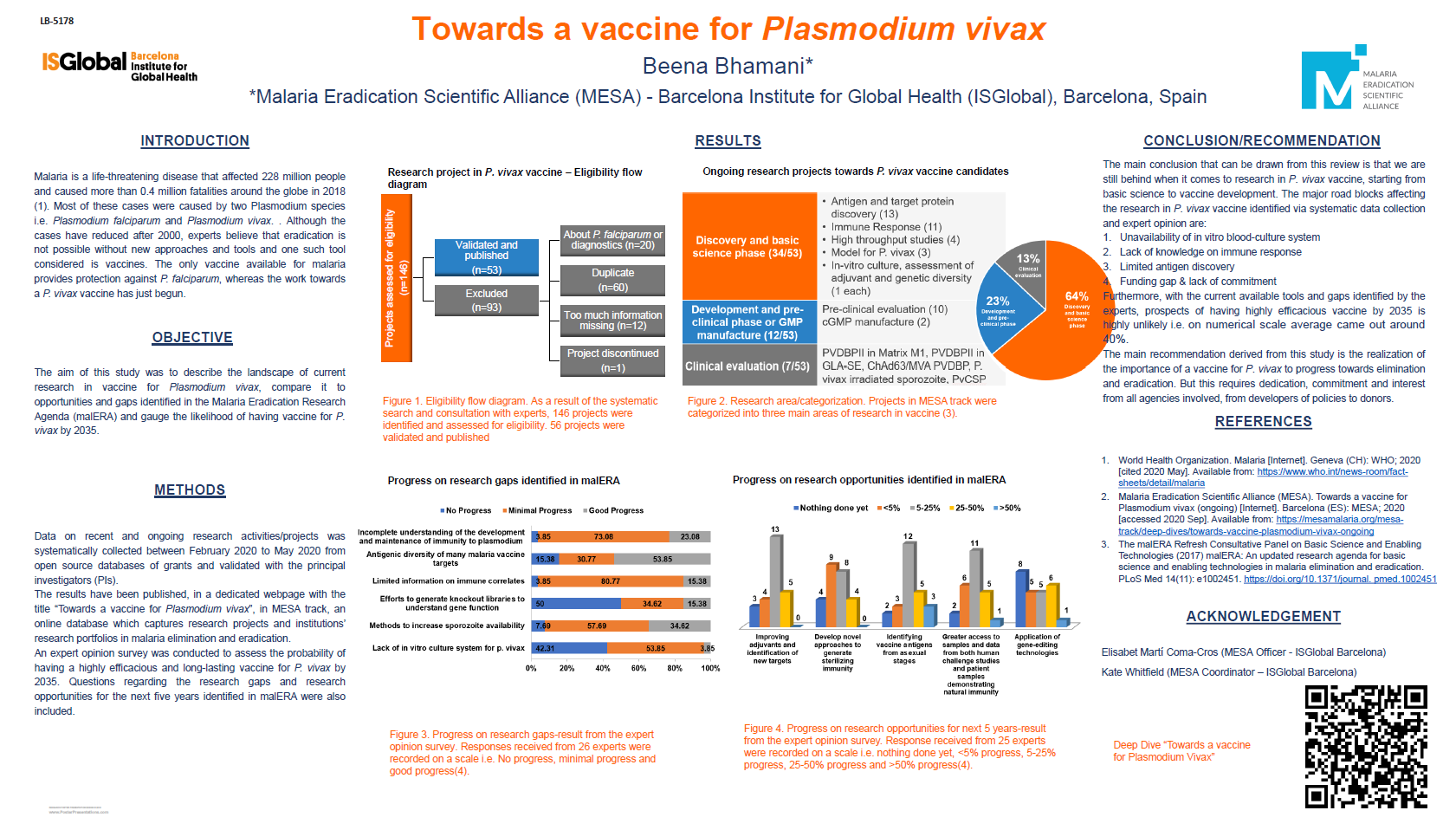Last Updated: 19/06/2024
Spatio-temporal dissection of Plasmodium vivax reservoirs and immune response (VICtoRIS)
Objectives
- To characterize the local immune responses, induced in bone marrow and splenic parasite reservoirs induced during infection, and immune interactions with P. vivax.
- To define parasite-host target cell differential adaptation as function of tissue reservoir.
- To evaluate the role, protective (parasite load) versus deleterious (tissue integrity), of local immune responses.
Malaria remains a major public health problem. Of the five species of Plasmodium implicated, P. vivax is the most widespread outside Africa and, although less lethal than P. falciparum, it is responsible for debilitating and even severe illnesses. The recent discovery that certain tissues, namely bone marrow and spleen, are preferential sites for the asexual and sexual blood stages of P. vivax raises many questions about the biology of the parasite. Among them, the relationships that the parasite develops with host cells and tissue immune responses remain to be elucidated, although they are key for the design of new drug and vaccine strategies. Difficult access to organs in humans and potential tissue damage in sick and post-mortem donors partly explain this lack of data. In this project, we will circumvent this major hurdle using unique humanized mice, which exhibit high levels of hemato-erythropoiesis and functional human innate and adaptive immune responses. Infected by P. vivax, they allow both its replication and its sexual differentiation. This project should bring major advances to understand host-parasite interactions in vivo and for the design of new therapeutic and prophylactic strategies.
Sep 2022 — Sep 2025
$454,077


